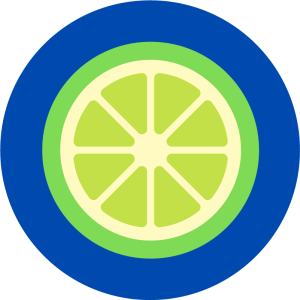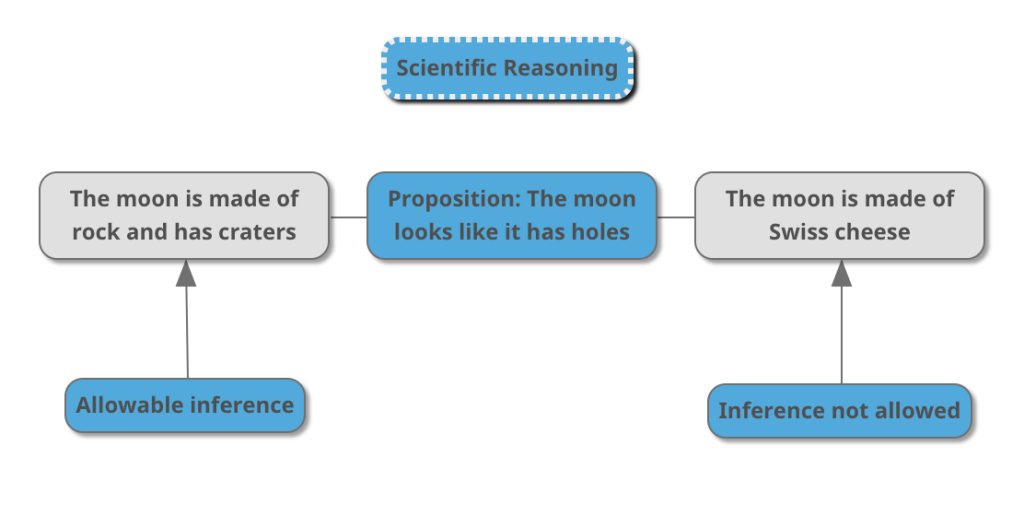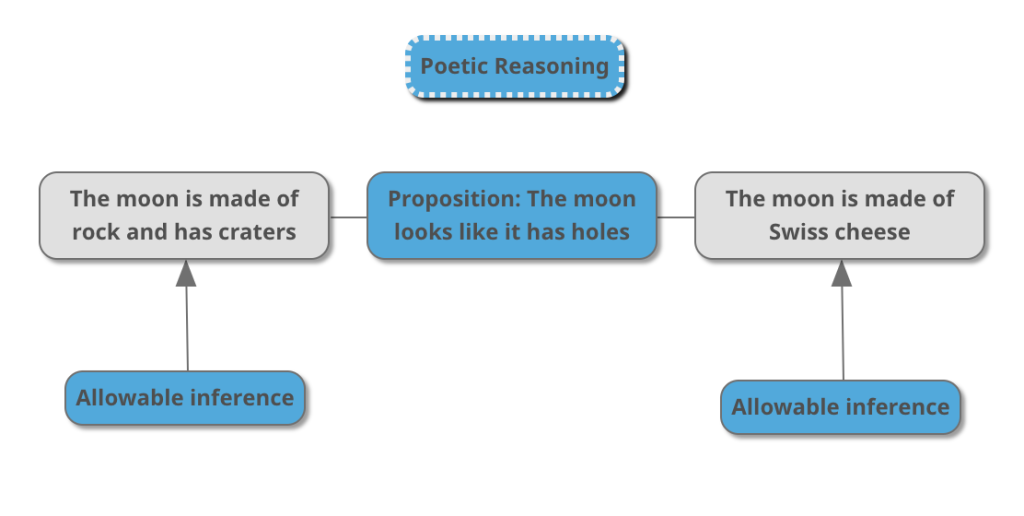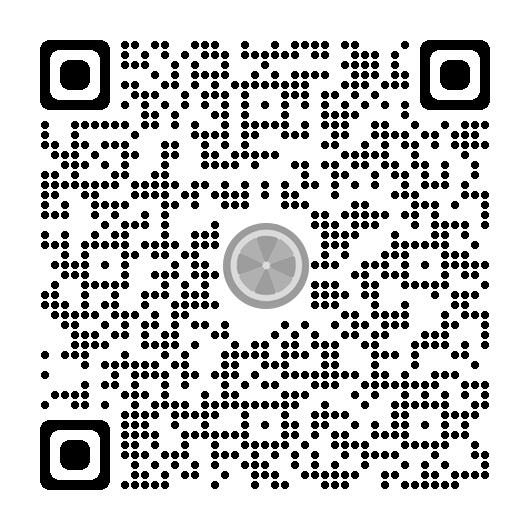Research as an Inferential and Critical Process
Barry Mauer and John Venecek
We discuss the following topics on this page:
We also provide the following activity:
 Inferences
Inferences
In Sir Arthur Conan Doyle’s story, “The Blue Carbuncle,” Sherlock Holmes asks Watson:
“What can you gather yourself as to the individuality of the man who has worn this article?”
“I can see nothing,” said I, handing it back to my friend.
“On the contrary, Watson, you can see everything. You fail, however, to reason from what you see. You are too timid in drawing your inferences.”
Without inferences, there is no thinking, critical or otherwise. Inferences allow us to move from one thought to another; they are the pathways by which thinking occurs. To think inferentially is to ask questions about pieces of information. What does this information tell us? Does it lead us to a hypothesis? Does it support our hypothesis or challenge it? If the information is true, what other claims follow logically from it? What additional knowledge is required to make sense of the information?
Thinking critically requires us to restrict ourselves to allowable inferences. For instance, we can observe that the surface of the moon is not smooth but appears to have holes in it. We might conclude that it is made of Swiss cheese. Science would reject this inference, but poetry would allow it. We could say that each area of knowledge has its own inference rules, just like each game has different rules of play.


William Parkhurst offers an amusing discussion of Monty Python’s famous scene mocking the faulty reasoning of witch trials. Non-allowable inferences are called fallacies. In some settings, logical fallacies lead to injustices (like in the witch trials), while in others they may lead to laughter (like in Monty Python). In humor, logical fallacies are ok. In trials, they are not.
 Reasoning
Reasoning
Reasoning is the process of putting inferences together. There are many kinds of reasoning; one of the common, called abductive reasoning, involves reasoning about causation. If we see a house on fire, we reason that there must have been a cause. Was it an accident or was the fire set intentionally? Without more information, we are merely speculating, or reasoning with insufficient information.
A common mistake in abductive reasoning is to assume that correlation equals causation. Correlation means that two things merely appear together. For example, if we see a book of matches at the scene of a fire, we might assume that the matches were used to start the fire. Yet the appearance of the matches merely correlates with the appearance of the fire. Unless we can rule out other causes, we can’t conclude with any certainty that these matches caused the fire. Similarly, if we discover that two authors met once, we do not have enough information to conclude that a literary work written by one author was intended as a response to the other author. We can speculate, but we must indicate that it is only a speculation.
Some types of reasoning are very loose and allow multiple associations. Let’s take a hypothetical car advertisement in which a shiny new car is parked in the middle of a football field while a male peacock walks around it with its colorful tail fanned out. The peacock is eye-catching and football is about toughness; we associate both with the car. We might make any number of inferences from this scene, such as that the car is supposed to impress and intimidate (which is what male peacocks do with their display) and that it will grant the car’s future owner the same powers. Such associative reasoning can help us understand metaphors and allusions in literary works.
 Prototype, Template, and Procedural Knowledge
Prototype, Template, and Procedural Knowledge
We build inferences from our knowledge of how the world works. This knowledge can be divided into types: prototype, template, and procedural.
- Prototype knowledge tells us what category or class something belongs to; it can help us relate a literary work to a genre, period, or movement.
- Template knowledge is about patterns and structures (such as the different pieces on a chess board); in the study of literature, we bring knowledge of templates such as narrative structures and symbolic systems.
- Procedural knowledge is about how a process (like eating or riding a bicycle) is done; in literary studies, procedural knowledge can help us understand the composition of a work, the distribution process, the reading process, interpretation, and so on.
When we are trying to understand new information, we usually bring prototype, template, and procedural forms of knowledge together with the new information. For example, in writing about “Sonny’s Blues,” we need to know that segregation existed in America and separated black and white communities (and that we are still living in the legacy of that separation). Our knowledge about the period of official segregation is prototype knowledge. We can make sense of the relationship between the narrator and his brother using template knowledge. Procedural knowledge can help us understand the causes and effects of addiction.
Writing a research paper involves problem solving (research question being the problem). You have to relate the information in the problem (the research question) with the research material you find — and the relevant prototype, template, and procedural knowledge — before making your inferences. If you don’t follow this process, you won’t be able to solve the problem successfully (unless you just make a lucky guess — but even then you still have to support your argument!).
Your paper should demonstrate to your reader how you made your inferences; by doing so, you are providing a warrant for your claims by explaining how you move from one proposition to another. Your reader should be able to clearly explain to a third person how you reached your conclusion.
 Ideology
Ideology
Keep in mind that prototype, template, and procedural knowledge are culturally and historically specific and that they represent the “ideology” of a culture. In other words, this knowledge is not necessarily objective reality. It contains within it a whole set of assumptions about how the world works and these assumptions may be wrong or may serve the interests of one group at the expense of another. For example, race, class, nationality, profession, gender, and sexual identity can be understood in terms of prototype, template, and procedural knowledge, but this knowledge may be based on outdated and oppressive ways of thinking such as crude stereotypes. We must use prototype, template, and procedural knowledge to produce a research project, but should be aware that all such knowledge deserves scrutiny.
Literary theories, such as feminist, psychoanalytic, new historical, Marxist, etc. provide their own versions of prototype, template, and procedural knowledge. Such knowledge is also subject to scrutiny, but scholars have recognized much of it as valuable for making inferences within the field of literary studies. When writing a literary studies research paper, you should familiarize yourself with the prototype, template, and procedural knowledge related to your chosen theory.
If you are using an offline version of this text, access the quiz for this section via the QR code.


